World this week

The months-long lockdown in the city of Wuhan in China's Hubei province - where the coronavirus pandemic started - has been lifted. Anyone who has a "green" code on a widely used smartphone health app is now allowed to leave, for the first time since 23 January. Train, road and rail connections have now been re-established. It comes after China reported no deaths on Tuesday, April 7 the first time since it began publishing figures.
Amid streets newly bustling with cars and pedestrians, K-pop artist Wang Chun celebrated the lifting of the virus lockdown on her hometown with a dance outdoors after 2 1/2 months largely cooped up at home. Long lines formed at the airport and train and bus stations as thousands streamed out of the city to return to their homes and jobs elsewhere. Yellow barriers that had blocked off some streets were gone, although the gates to residential compounds remained guarded.
British Prime Minister Boris Johnson spent three days in relatively stable condition with the coronavirus in a hospital intensive care unit, where he was given oxygen but was breathing on his own without a ventilator, officials said. Foreign Secretary Dominic Raab has temporarily taken over many of the prime minister's duties to lead the country's response to the pandemic while Johnson is being treated. Britain has no official post of deputy prime minister.
The 55-year-old Johnson is the first major world leader confirmed to have COVID-19. He was admitted to St. Thomas' Hospital late Sunday with a fever and cough that persisted 10 days after he was diagnosed with the virus and was moved to the ICU on Monday(April 6) evening after his condition worsened. In a statement Thursday, a spokesman at 10 Downing Street said Johnson "has been moved this evening from intensive care back to the ward, where he will receive close monitoring during the early phase of his recovery."
The global chemical weapons watchdog issued a report blaming the Syrian air force for a series of chemical attacks using sarin and chlorine in late March 2017 on the central town of Latamneh. The report marks the first time the Investigation and Identification Team, set up in 2018 by the Organization for the Prohibition of Chemical Weapons, has apportioned blame for an attack in Syria and will likely lead to fresh calls for accountability for the regime of President Bashar Assad.
OPCW Director-General Fernando Arias said it is now up to the organization, "the United Nations Secretary-General, and the international community as a whole to take any further action they deem appropriate and necessary." The Syrian government has consistently rejected repeated allegations that it launched chemical weapons attacks during its grinding civil war. The coordinator of the investigative team, Santiago Oñate-Laborde, said in a statement the team concluded that "there are reasonable grounds to believe that the perpetrators of the use of sarin as a chemical weapon in Latamneh on 24 and 30 March 2017, and the use of chlorine as a chemical weapon on 25 March 2017 were individuals belonging to the Syrian Arab Air Force."
French counter-terrorism prosecutors opened a judicial investigation after a knife attack south of Lyon left two people dead. In a statement, prosecutors said charges will be pressed later against the assailant, who was arrested by police minutes after the attack as he was kneeling on the sidewalk praying in Arabic. Initial investigation suggested that the assailant acted alone, prosecutors said.
Magistrates are considering charges of murder or attempted murder with terrorist intent. Two people were killed and five were injured in Saturday's attack in the small town of Romans-sur-Isere, which was in lockdown amid the coronavirus pandemic. Residents were carrying out their permitted daily shopping at the time. Prosecutors didn't identify the suspect, but described him as a Sudanese born in 1987 who arrived in France in 2016 and obtained refugee status the next year.









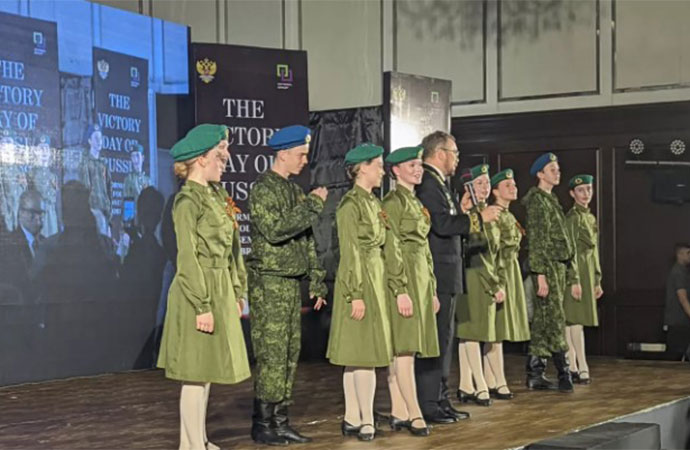









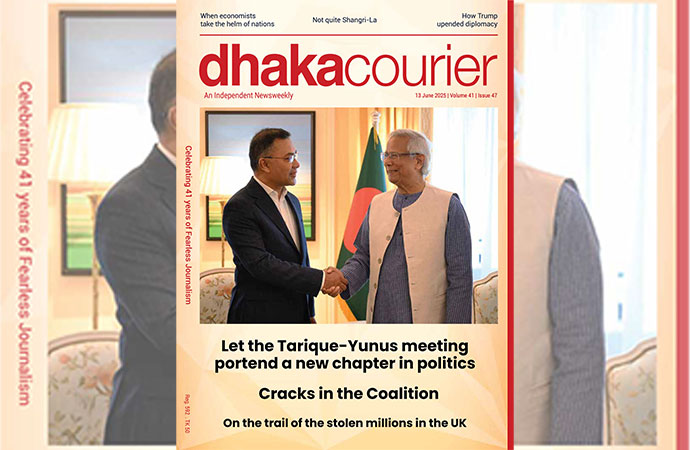
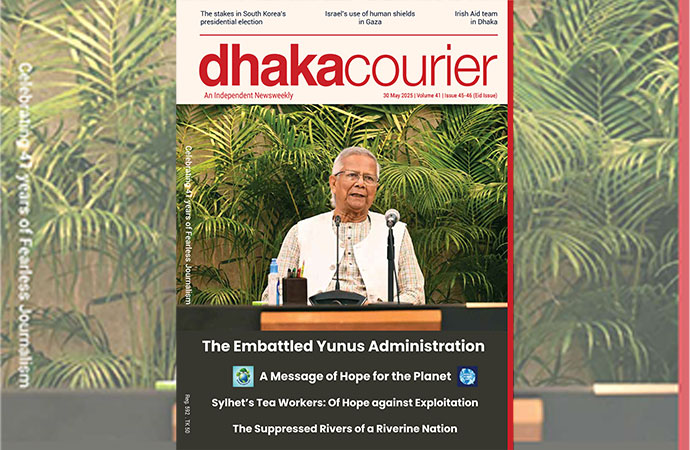

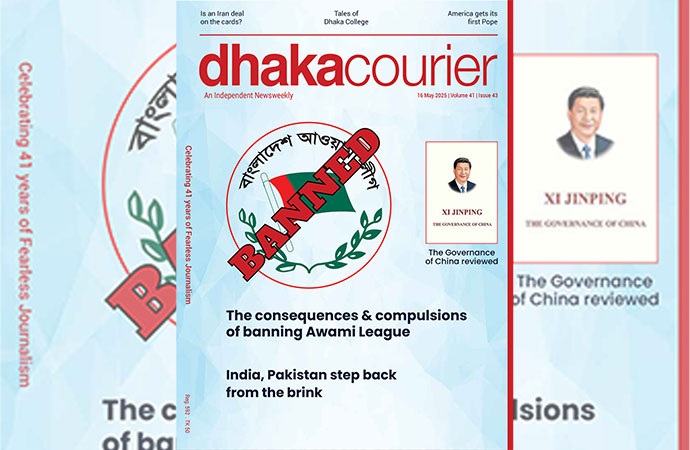
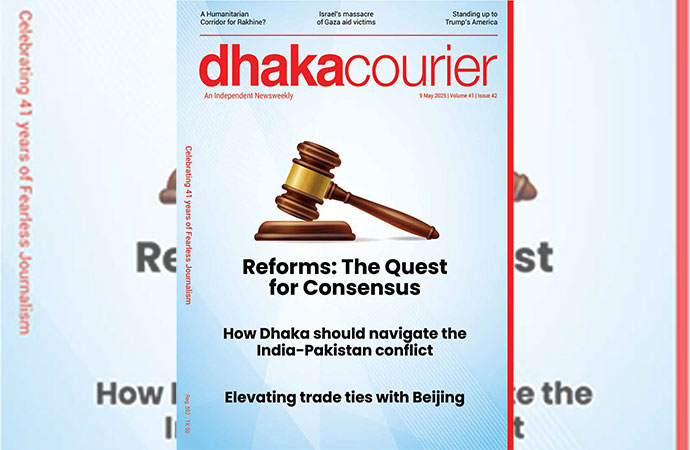

Leave a Comment
Recent Posts
Rare folk treasures at risk in ...
Amid the quiet greenery of Ulipur upazila in Kurigram, a humble tin-ro ...
Enayetullah Khan to represent ...
Enayetullah Khan, Editor-in-Chief of United News of Bangladesh (UNB), ...
The tragedy in Ahmedabad touches us all
Asset recovery a key focus; breakthroughs from talks ..
'It'll inspire youths to build Bangladesh they dream ..
UK envoy Sarah Cooke happy with Yunus’ visit to Brit ..